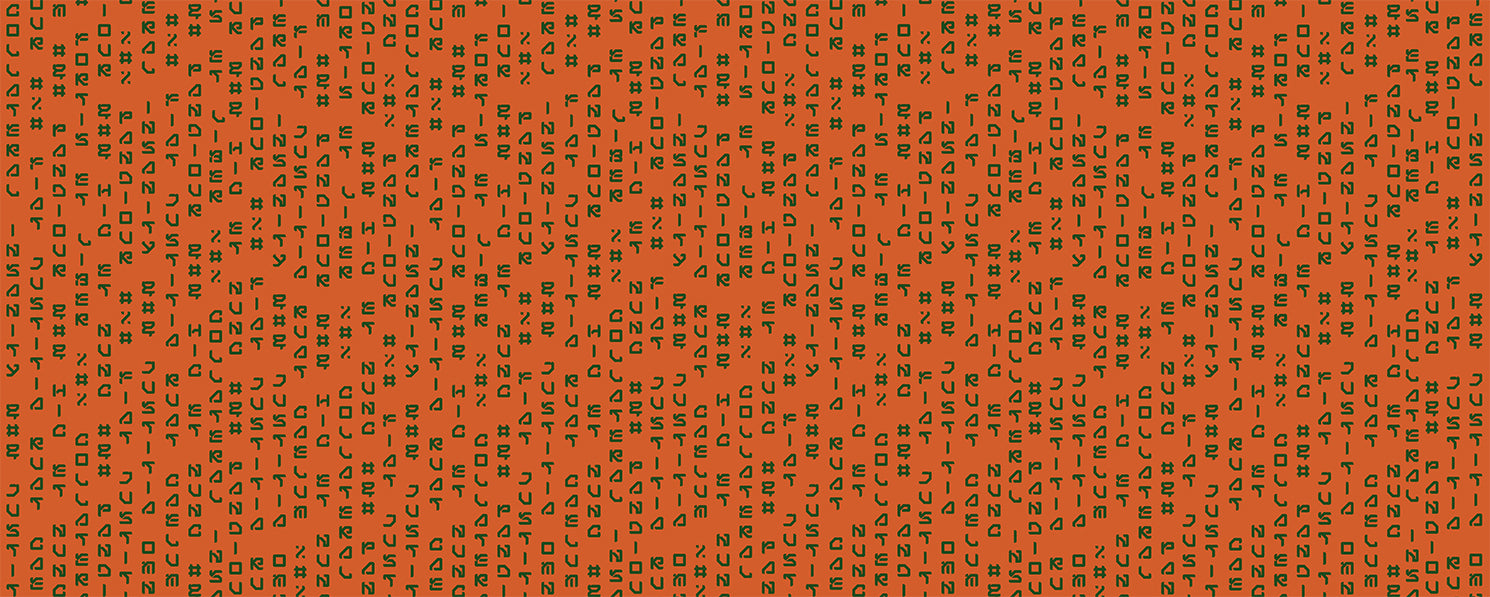
THIS FAR, NO FURTHER.
FIAT JUSTITIA RUAT CAELUM

Roots
Promises and Realities!
We began by destroying natural habitat, first for the sake of the neolithic and industrial revolutions, then for the demands of capitalism and globalization. We were serfs under the command of the aristocracy, and later, we became the working class, serving the bourgeoisie. In the next cycle, a caste system was imposed within the working class itself: white-collar and blue-collar. Over time, new hierarchies were established, creating further divisions within the white-collar sector. We were taught that if we worked hard enough, if we were creative enough, if we founded innovative enterprises, we could rise to a higher class. Indeed, some managed to ascend, to some extent.
But all the while, we were made to forget the most basic truth: that we are, and always will be, the working class. No matter what we do, no matter how successful we become.
This cycle has repeated itself for millennia. Yet there was one constant: we are the motor oil in the machine. Constantly replenished by fresh stock, while the used oil is discarded. The engine must keep running, after all.
And so, here we are. Still in the grind, still part of the engine, this far…
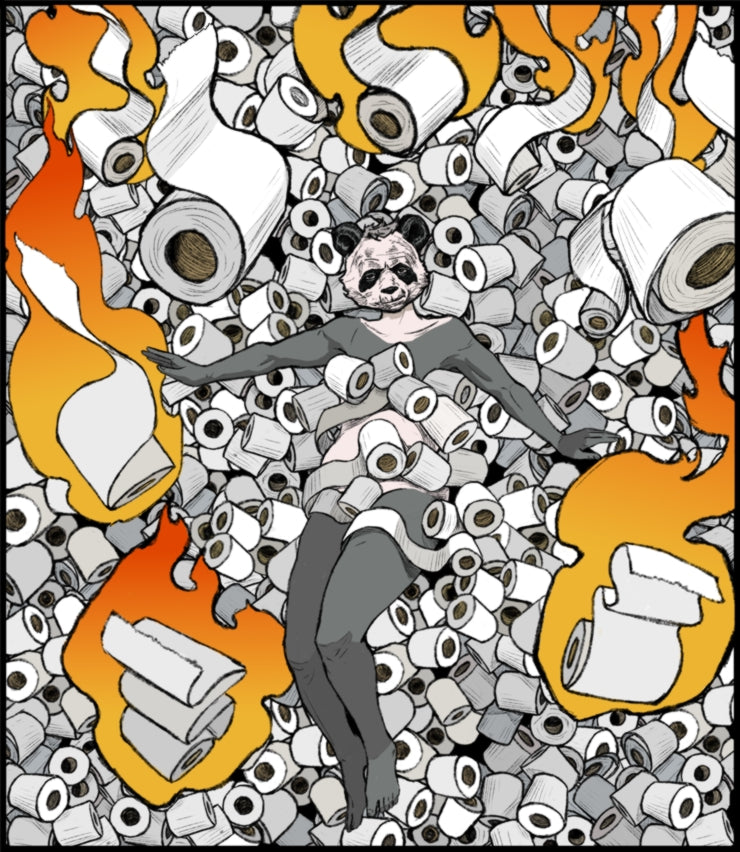
Covidian Beauty
With the collapse of the Soviet Union in 1991 and the end of the Cold War, the system of private capitalism proclaimed its absolute victory, emerging as the dominant force on the global stage. Let us pause and reflect on the major economic crises of the past 33 years: the Asian Financial Crisis, the Russian Financial Crisis, the Dot-com Bubble and its burst, the Global Financial Crisis, the Eurozone Debt Crisis, and, last but not least, the COVID-19 Pandemic Crisis.
The truth is that the entire system became so deeply intertwined that it lost its resilience, operating on a fragile, just-in-time model with no reserves to fall back on. It had sacrificed flexibility for efficiency. All it took is the people to cough in covid or a war in the Ukraine. The system buckled under the strain, since it was never designed to absorb any kind of punch. The people, sensing this instinctively, reacted with panic leading them to hoarding toilet paper as a symbol of their fears. They understood, in the deepest corners of their being, that global capitalism, with all its institutions and promises, had failed them and let them down.
Oh, what a glorious victory, one that has given birth to such a beauty!
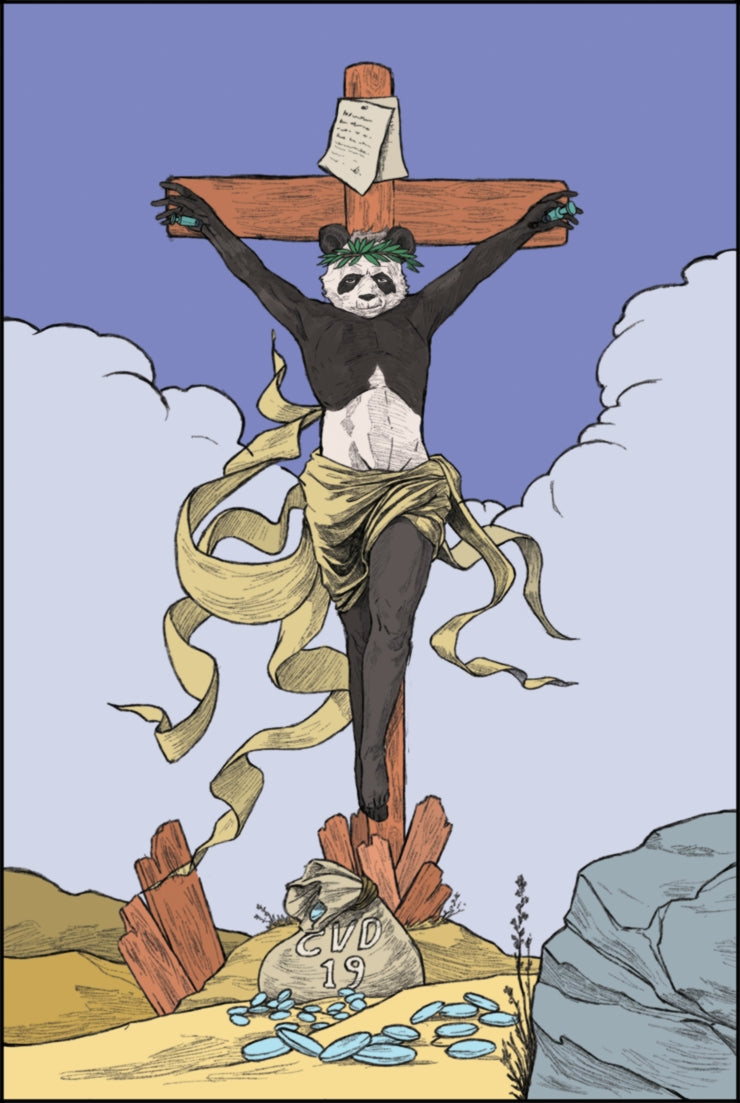
Crucified
Vaccination stands as one of the ten most significant achievements of human civilization, a triumph of science that has safeguarded countless lives. Until the COVID-19 pandemic, to deny the benefits of vaccination was often viewed as an anachronism, akin to asserting that the Earth is flat.
The handling of the pandemic by national and international institutions left much to be desired, causing a rapid erosion of the trust towards institutions, and we are only beginning to grapple with the societal traumas it has unleashed. Amid this turmoil, the mRNA vaccine, heralded as a groundbreaking scientific innovation yet still in the nascent stages of its development, was hastily deployed. In many cases, its adoption felt less like an invitation to collective healing and more like an imposition, enforced with measures that some perceived as authoritarian. Societies were thrust into what many have described as a global experiment, with the specter of death wielded as a coercive tool.
The lack of transparent communication from institutions about potential side effects of mRNA vaccines has only deepened the sense of unease. A cornerstone of public health, vaccination itself, has now become a subject of skepticism. This erosion of trust in institutions extends far beyond the scientific domain, penetrating deeply into the very fabric of our society.
What is even more disheartening is that we must confront the shame of being compelled to betray one another, driven by a forced collective hysteria that made us fear each other.
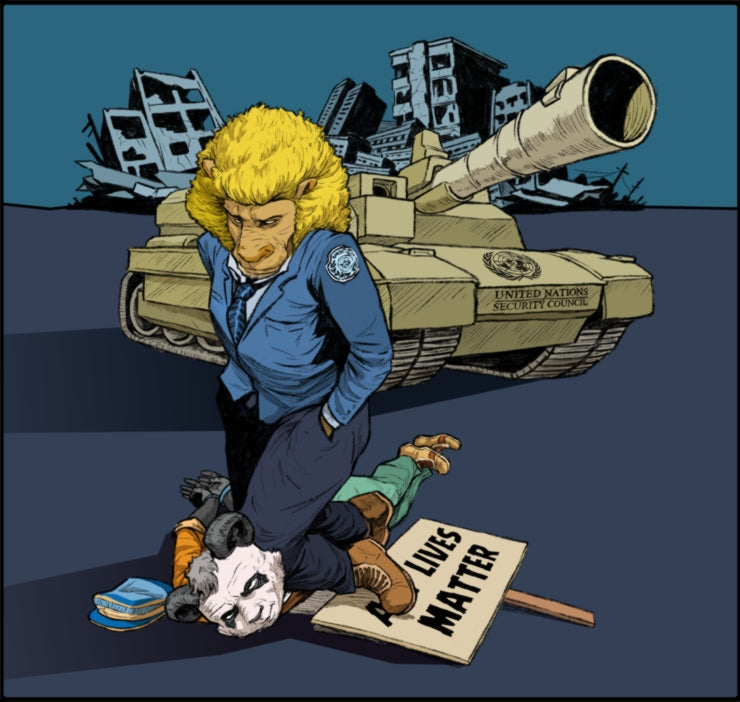
All Lives Matter
The purpose of the United Nations is articulated in the first chapter of its charter: maintaining international peace and security, developing friendly relations among nations and promoting social progress, better living standards and human rights. Yet, the actions of the five permanent members of the Security Council starkly contradict these foundational principles.
Endowed with veto power, these nations wield a tool that allows them to block resolutions and shield themselves from accountability. This privilege, far from upholding the ideals of the UN, serves as an instrument of power politics, undermining the very principles upon which the UN was founded by violating the principle of sovereign equality among member states. The veto system enables these powers to obstruct meaningful solutions to global crises—many of which are the direct result of their own policies—rendering the Security Council a dysfunctional body incapable of fulfilling its mandate.
The five permanent members have transformed the United Nations into a mechanism for advancing their own interests. They dangle the promise of cooperation, like a carrot, to stall and manipulate other nations while wielding their vetoes as a stick to enforce their dominance. This dynamic reduces the UN to little more than a rabbit coop, where weaker nations are placated or intimidated, forced to acquiesce as the powerful take what they please. The imagery is stark: nations trapped in this coop watch helplessly as the strong exploit the system, snatching "rabbits"—resources, influence, or sovereignty—at their whim.
Ultimately, the people of the world bear the brunt of this imbalance. As the powerful impose their will, the rest of humanity suffers in silence, suffocating beneath the weight of unchecked dominance. The vision of a just and equitable global order that the United Nations was meant to embody has been tarnished, leaving a world in desperate need of reform and justice.
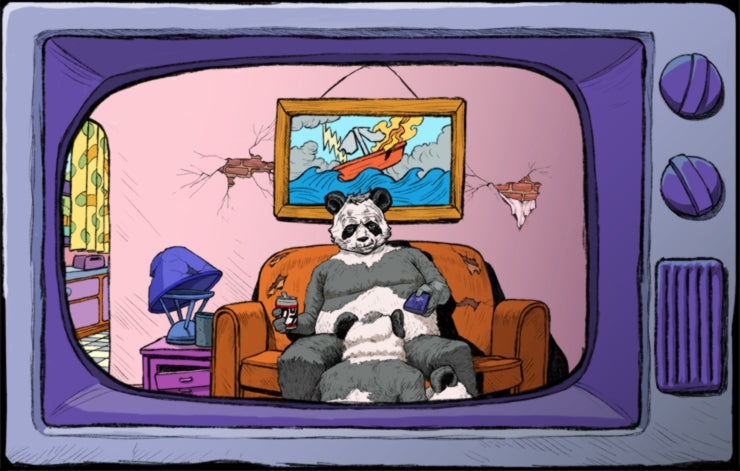
Perception
Families with children in the working class are the segment of society most severely affected by the deep-seated flaws of the current system. To attribute the shifting dynamics of parental roles solely to gender equality and women's pursuit of economic independence is to overlook the crux of the issue. A comparison of basic household expenditures from thirty years ago to those of today reveals a stark reality: many items now considered essential were once non-existent. Yet, the economic necessity driving these changes is often willfully ignored, leaving the root causes of systemic dysfunction unaddressed.
Weary and overburdened, parents are compelled to exchange precious time and energy—resources meant for their children—to merely keep their households afloat. Families with children, who feel the systemic gridlock the most, are also the most desperate segment in the system. They barter their future just to survive the present. Fully aware of the vicious cycle that ensnares them, they remain trapped by exhaustion and a lack of agency. The legacy media, controlled by establishment and elites, either erases their struggles from the public eye or distorts their reality beyond recognition.
The system is slowly decaying and collapsing. And it is these families—the backbone of society—who first perceive the tremors of collapse, since they are the most affected ones. Their tragedy lies not in ignorance, but in powerlessness. They are acutely aware of their plight, yet they lack the time, energy, and collective representation to rise against it. Their silent despair echoes a profound truth: a society that forsakes its families forsakes its future.
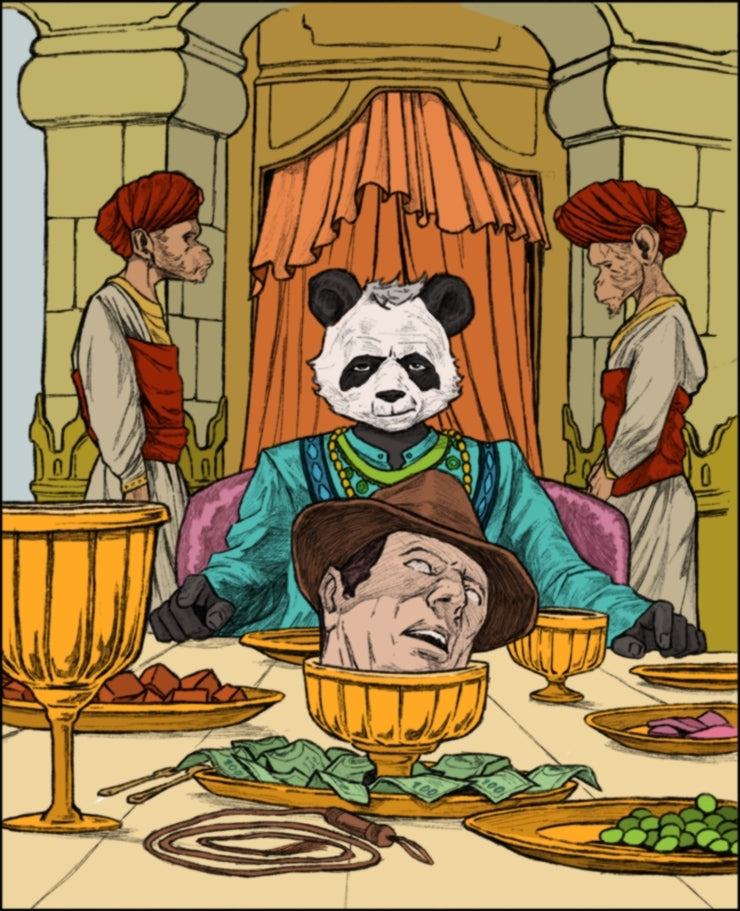
Chilled Tycoon
The bourgeoisie, having overthrown the aristocracy, gradually severed its ties with the society from which it once emerged. Initially, wealth flowed downward, spreading across broader layers of society. However, with the rise of private capitalism, this flow reversed, and wealth began to accumulate at the top, leaving the global working class increasingly bereft. Yet, within a system that glorifies narcissism and individualism, even those born into working-class families who achieved wealth began to turn their backs on their roots. They became the flag bearer of elitist capitalism. And so, we find ourselves once again standing at the threshold of an era vividly described by Charles Dickens:
“It was the best of times, it was the worst of times, it was the age of wisdom, it was the age of foolishness, it was the epoch of belief, it was the epoch of incredulity, it was the season of Light, it was the season of Darkness, it was the spring of hope, it was the winter of despair, we had everything before us, we had nothing before us, we were all going direct to Heaven, we were all going direct the other way.”

Calling
Throughout history, every generation has, by and large, enjoyed a better standard of living than the one before it. The working class made this progress possible. It endured hardship, but it was also rewarded with improved living conditions. On the surface, the current generation seems to have unparalleled opportunities—access to information, education, and diverse cultures—but in practice, for the first time, it is slipping behind the standard of living achieved by its parents.
Revolutionary technologies such as humanoid robots, artificial intelligence, and autonomous vehicles are poised to trigger an unprecedented massive wave of unemployment within the working class over the next two decades. The arguments justifying the replacement of jobs are internally consistent: monotonous and routine tasks do not necessarily require human labor. Productivity will skyrocket, and services will become available 24 hours a day. New jobs, proponents claim, will emerge to replace those lost.
This technological race cannot be stopped or even slowed. Yet, the capitalist system is inherently tied to consumer economies. For mass consumption to persist, people must have a reliable source of income. Without this, the consumption-driven economic structure will crumble, and a rigid system of economic castes will take its place. In essence, the global working class faces an existential crisis. If it does not devise its own solutions, it risks being relegated to the lowest rung of a new social order crafted by the elitist capitalism.
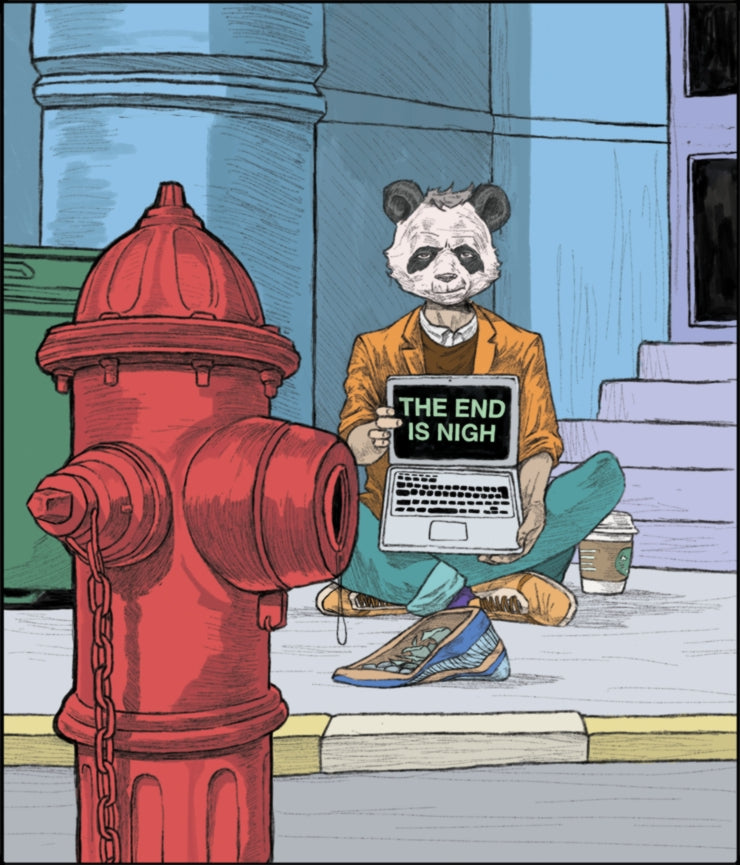
The End is Nigh
Amid economic crises, proxy wars, climate crisis, trade wars, the looming crisis of biological extinction, and religious wars, the global working class finds itself ensnared in the turmoil of it all. Though more educated and equipped than previous generations, we peer into the future with a deep sense of despair. With the vast reach of modern communication, we are acutely aware that the world grows increasingly fragmented with each passing year.
Yet, burdened by debt, financial anxieties, and the insurmountable pressures of balancing work and family, we are left to witness the unraveling of the world, powerless and resigned.
Or, are we perhaps not?
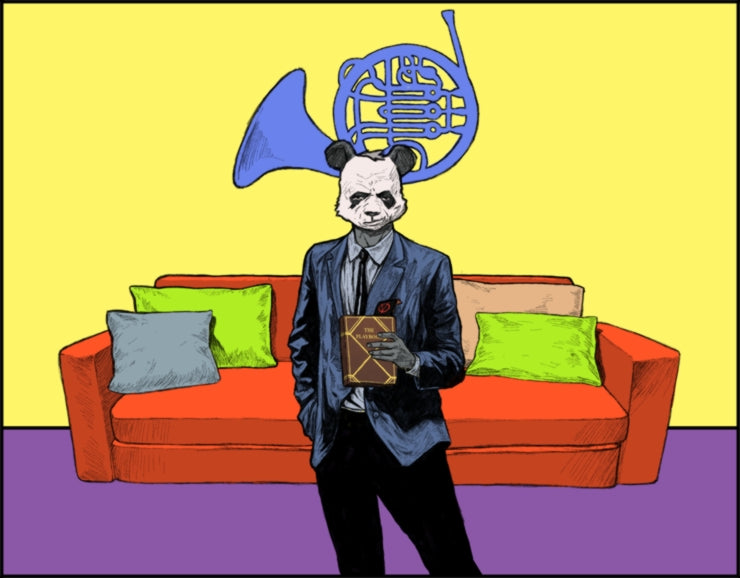
Playbook
Who will determine the future of the working class? We can remain passive, drifting aimlessly in the current, gasping for air as we have done thus far. Or we can redefine our class and carve out our rightful place in society. To achieve this, we must first confront ourselves and the stark realities before us. For too long, we have played by rules written by others. If we are to write our own playbook, we must begin by agreeing on universal values and principles at an abstract level.
What is the meaning of life? What do we truly expect from it? Every individual, as a fundamental right, should have the opportunity to seek and discover their own answers to these profound questions. The foremost responsibility of any future system must be to eliminate the barriers preventing individuals from reaching the stage of self-actualization, as described in Maslow's Hierarchy of Needs. A playbook to pave the way to a system that is impartial, unbiased, fair, and just.
Egalitarian capitalism instead of elitist capitalism.
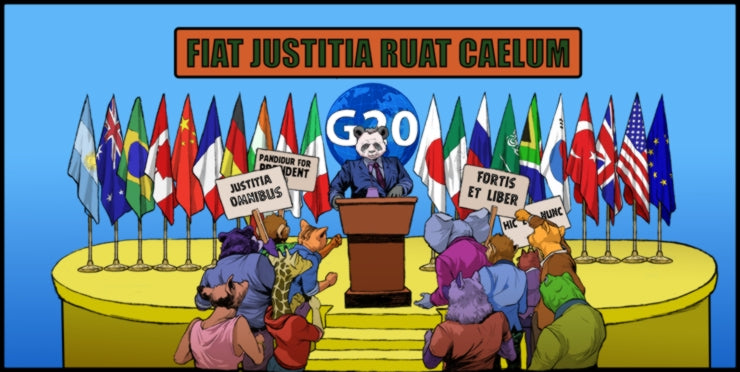
Fiat Justitia Ruat Caelum
In democracies, elected officials are meant to represent the people. Yet, instead of serving the interests of the many, they safeguard the privileges of the elite. Politics has failed the working class, and the establishment has increasingly turned its back on the grassroots of society.
The global working class must now produce its own representatives from within. We must engage in sincere dialogue, addressing our problems, expectations, concerns, and aspirations collectively. Only then can we elevate genuine representatives to the highest levels of the democratic system. Whether through direct or representative means, it is time for the people to reclaim governance and once again steer their own destiny.
Achieving a democratic egalitarian capitalism based on a constitutional republic requires indeed a great reset. Not the one the elitist capitalists intend to impose us, but the one based on common universal virtues. Justice and Liberty.
Fortis Et Liber. Justitia Omnibus. Hic Et Nunc. Fiat Justitia Ruat Caelum.
No further.
Collections
-

Sweatshirts
The global working class has long been the backbone of economic progress,...






